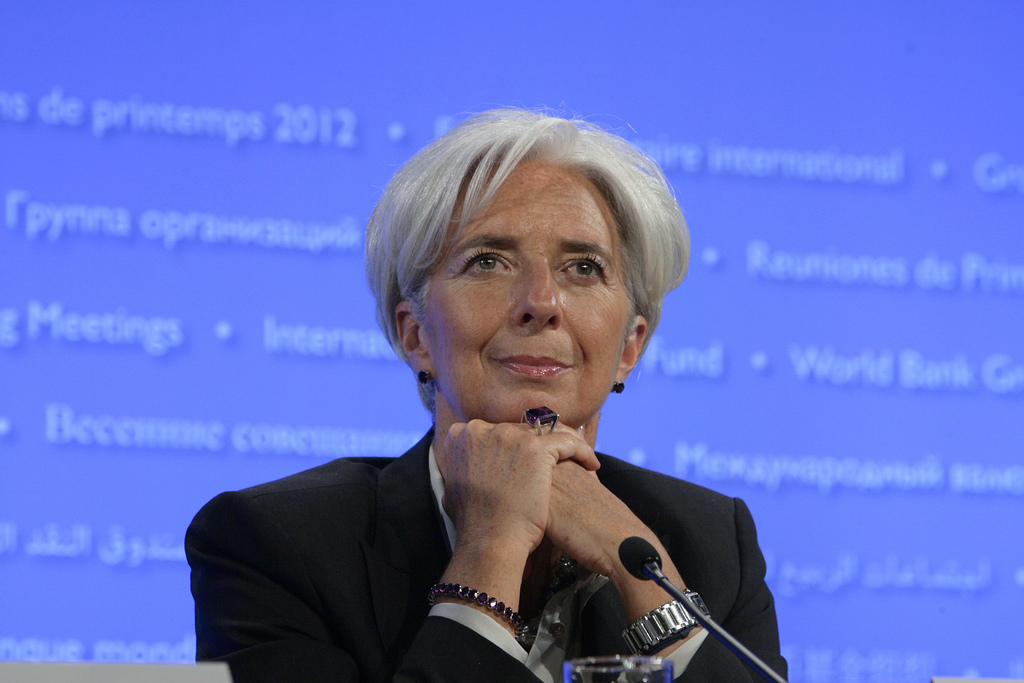
Lagarde calls for a ‘green economy’, and supports carbon charges for transport
The head of the International Monetary Fund has said the economic growth needed to get the world’s economies back to health must be ‘on a different track than before the crisis’. Christine Lagarde’s comments came just after a number of ex-finance ministers wrote to today’s European finance ministers, asking them to shift the burden from income tax and VAT on to carbon and energy taxes.
[mailchimp_signup][/mailchimp_signup]
Speaking in Washington, Lagarde said governments had to make the most of carbon pricing mechanisms to generate revenue in a way that will encourage sustainable growth. ‘We need to get growth going again,’ she said, ‘but on a different track than before the crisis. We need to get the green economy right.’
She specifically supported carbon charges for aviation and shipping, and said traffic congestion and water consumption should also be priced. ‘The world is only at base camp in terms of getting the prices right,’ she said, adding that the IMF would play an active role in designing environmental taxes and other instruments.
Her comments came a few days after a number of ex-finance ministers, including a former EU commissioner for the environment, called for today’s European finance ministers to shift the burden from income tax and VAT on to carbon and energy taxes. Their open letter was prompted by the publication of a report that says energy and carbon taxes are the best option for the economy and jobs when it comes to tackling budget deficits.
The report, ‘Carbon taxation and fiscal consolidation: the potential of carbon pricing to reduce Europe’s fiscal deficits’, was published last month by the European Climate Foundation and Green Budget Europe. It is one of the first reports to show that, euro for euro, energy and carbon taxes do less harm to the economy, consumption and job creation than income tax or value-added tax (VAT). It says carbon and energy taxes can raise revenue while leaving the economy in a stronger state to sustain a recovery, while conventional taxes may raise as much money but pose a much greater risk of depressing growth and employment.
The letter was signed by a number of finance ministers, including Greece’s Yannis Paleokrassas, who was environment commissioner in the 1990s, and Hans Eichel, who was in charge of Germany’s green tax reform introduced 10 years ago. It calls on today’s EU finance ministers to take note of the report’s findings and to explore smart taxation as a means of achieving fiscal consolidation.
